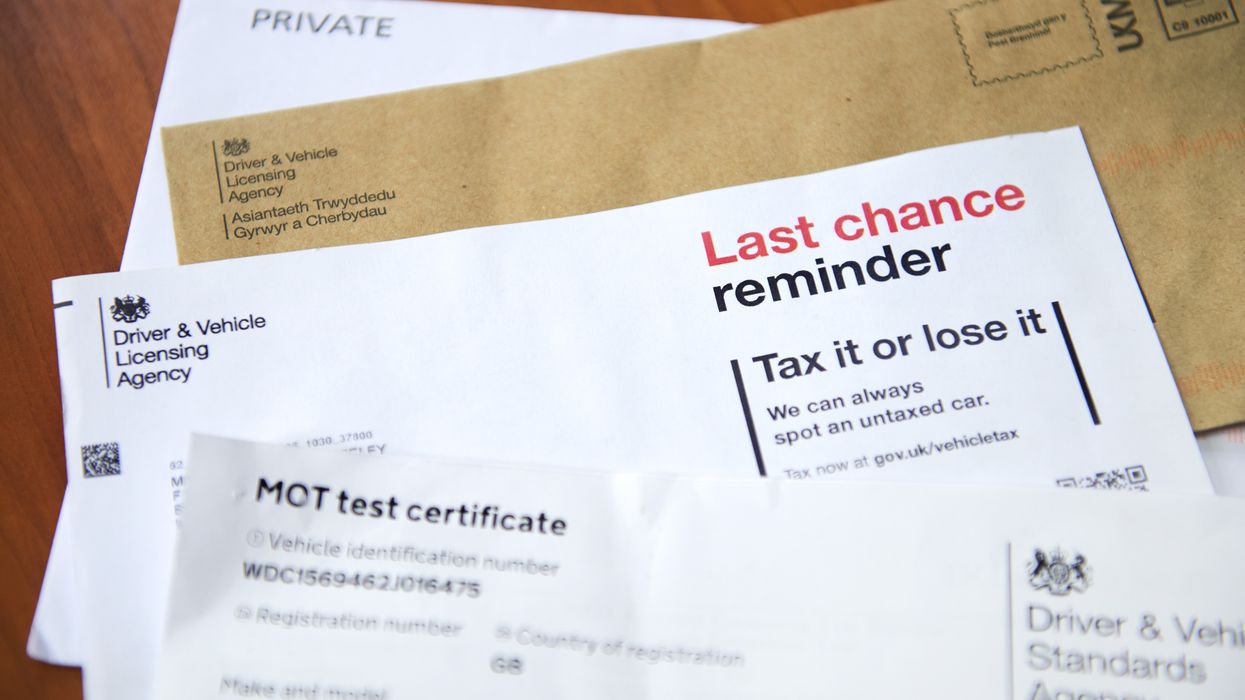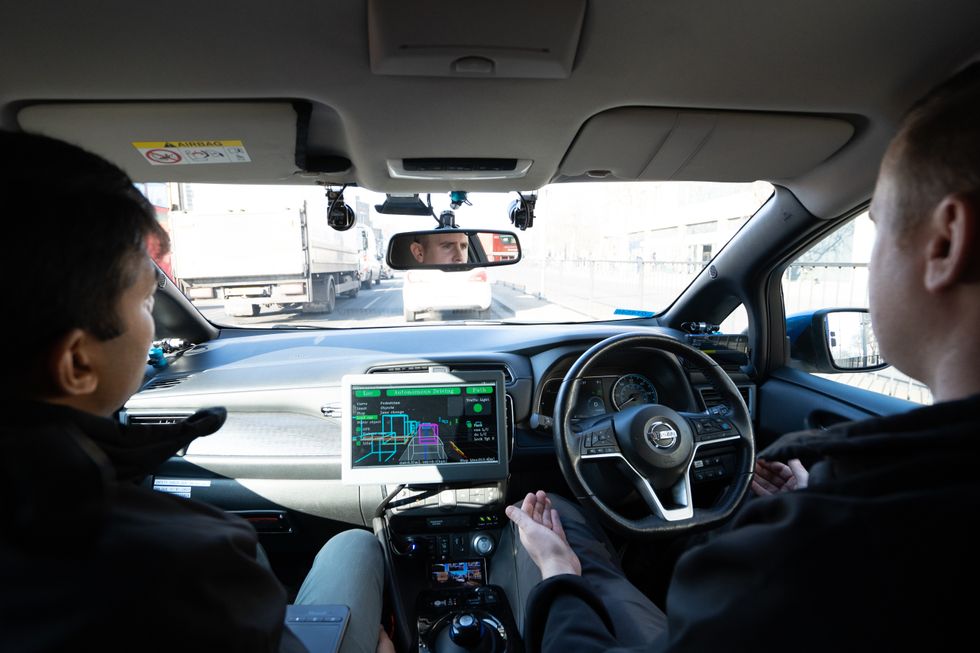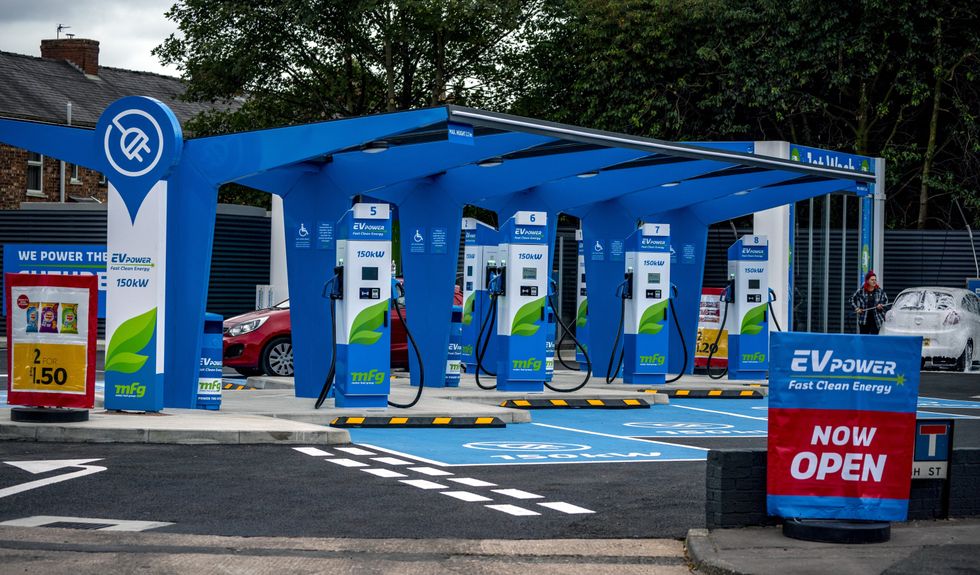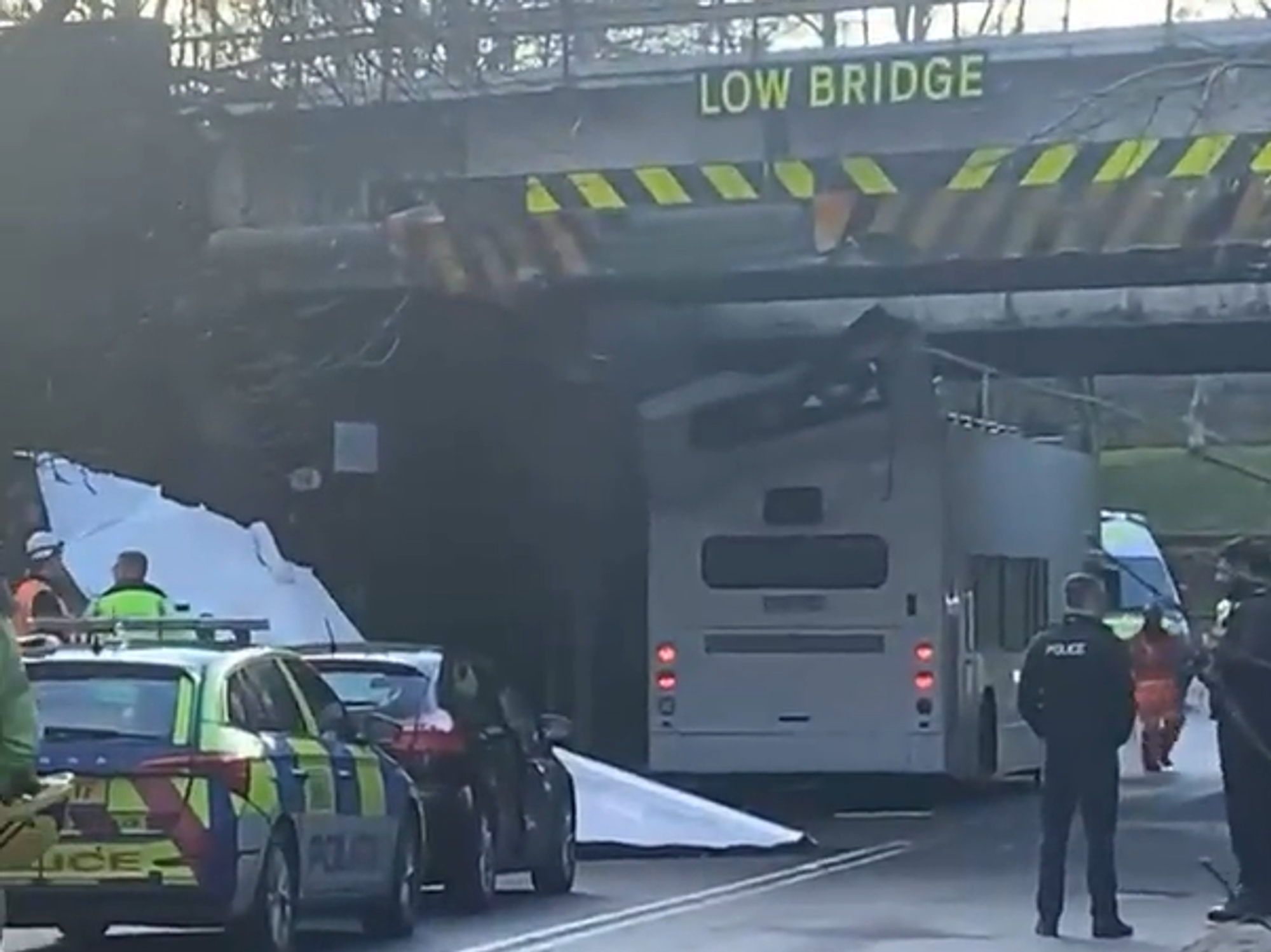Driving law changes introduced recently to have huge impact on Britons including new car tax rules

New car tax changes were introduced as part of the Autumn Statement
|GETTY

Billions of pounds worth of investment has been unveiled in recent weeks
Don't Miss
Most Read
Latest
Drivers are being warned of some new changes which have been introduced in recent weeks which could have a huge impact on Britons.
A number of new road rules were introduced in November, with the Government pushing ahead with its bid to protect drivers from anti-motorist policies and unwanted impediments.
November saw the King’s Speech and Autumn Statement announcements with many new regulations affecting motorists.
The car industry also received a massive boost with the Government’s £2billion boost to the zero emission vehicle market, as well as Nissan’s £2billion Sunderland electric car backing.
WATCH NOW: Mark Harper pledges to back drivers
Rishi Sunak unveiled the largest ever investment into road repairs and potholes with an £8.3billion funding boost, enough to repair 5,000 miles of road.
He said: “Well-maintained road surfaces could save drivers up to £440 each in expensive vehicle repairs, helping motorists keep more of the cash in their pocket.”
Self-driving vehicles
King Charles unveiled the Government’s plans to set up the Automated Vehicles Bill on November 7, with hopes the new changes could create 38,000 skilled jobs by 2035.
The Government has argued that the UK “can either lead the way or follow the leaders”, with the new legislation set to be one of the world’s most comprehensive legal frameworks for self-driving vehicles.
There are plans to crack down on manufacturers using ambiguous terminology in advertising material around whether their vehicles classify as self-driving, with fines and potentially even criminal actions being threatened.
A strong self-driving sector could help the UK market be worth £41.7billion by the middle of the next decade, capturing 6.4 per cent of the £650billion global market.

The Automated Vehicles Bill was unveiled this week
|PA
Car tax changes
In the Autumn Statement on November 22, Chancellor Jeremy Hunt announced a further £2billion funding boost for the zero emission vehicle industry, as well as changes to car taxes.
While it was not unveiled in the speech, documents show that the Government will uprate Vehicle Excise Duty rates for cars, vans and motorcycles in line with the Retail Price Index from April 1, 2024.
The rate of RPI inflation is 6.1 per cent as of October, a substantial drop compared to September when the rate was 8.9 per cent.
This could see some drivers paying higher rates for their tax, with the current lowest rate being £10 and the most expensive being £2,605 for the most polluting vehicles.
Electric cars
The new Public Charge Point Regulations 2023 were introduced on November 24, with the Government hoping it will make it easier for electric car drivers to charge their vehicles.
Motorists will be able to locate the nearest public charger, make contactless payments and have confidence that the charging device will be in good working condition.
All charge point operators have to ensure that their rapid devices have a 99 per cent reliability rate, with a target of two years being set.
The only change that must be introduced immediately is for chargers to display the maximum price of a charging session in pence per kilowatt hour either on the charge point or through a separate device.
LATEST DEVELOPMENTS:

New EV rules were unveiled in recent weeks to make charging fairer for drivers
|PA
Pedicabs
The King’s Speech also aimed to deal with the scourge of pedicabs on London’s roads by cracking down on unlicensed and unregulated “public transport” vehicles.
The Pedicabs (London) Bill will give Transport for London the powers to regulate the pedicab industry so passengers and road users are kept safe knowing they are properly licensed and accountable.
TfL will have the power to introduce a regime of licensing and control fares to combat overcharging from rogue operators.
People have experienced anti-social, unsafe and nuisance behaviour from pedicab operators and drivers, with the police and local authorities being given the tools to keep people safe.










